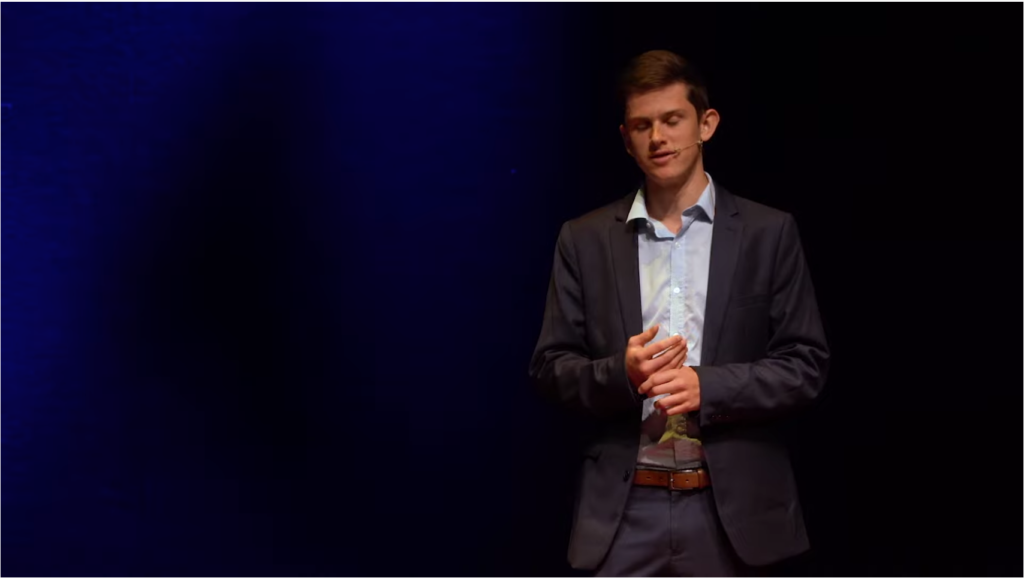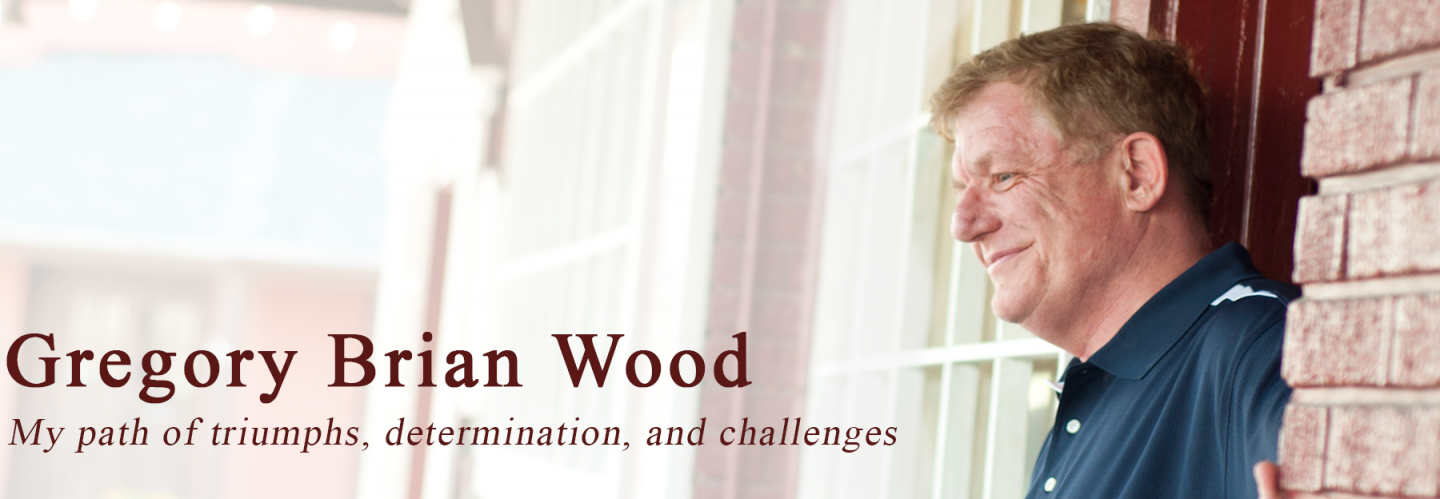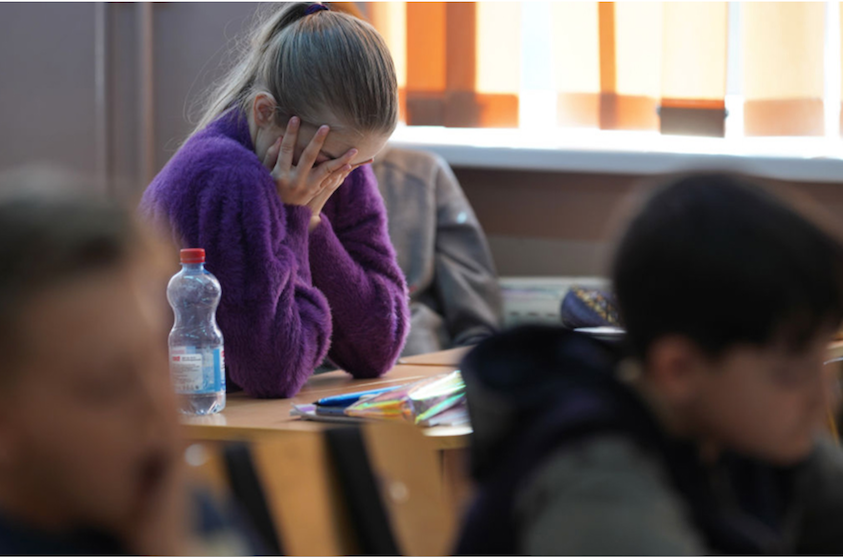I often wondered how many people in the prison system struggle with autism and do not know it. I have always felt based on my own experience in having to pay out of pocket for mental health care. If I did not have the resources to get answers what would have happened if I had ended up in the criminal justice system. Greg

(VIDEO – 30 mins) Tom Oliver is a TEDx Speaker and Global leader on autistic individuals caught up in the justice system. He is expected to graduate with LLB and BBioMedSc from The University of Notre Dame Australia, in 2023. He plans to graduate with First Class Honours in Law, in 2023. Subsequently, he plans to be admitted into the LLM at Harvard Law School, in 2024. Tom further works as an Autism Consultant at Savannah Legal Barristers & Solicitors, advising on autistic offenders, and assisting in obtaining tailored, non-custodial sentences. He has a keen interest in litigation, governance, human rights law, intellectual property law, criminal law, banking and finance law, and genetics/neuroscience.I often wondered how many people in the prison system struggle with autism and do not know it. I have always felt based on my own experience in having to pay out of pocket for mental health care. If I did not have the resources to get answers what would have happened if I had ended up in the criminal justice system. (VIDEO – 30 mins) Tom Oliver is a TEDx Speaker and Global leader on autistic individuals caught up in the justice system. He is expected to graduate with LLB and BBioMedSc from The University of Notre Dame Australia, in 2023. He plans to graduate with First Class Honours in Law, in 2023. Subsequently, he plans to be admitted into the LLM at Harvard Law School, in 2024. Tom further works as an Autism Consultant at Savannah Legal Barristers & Solicitors, advising on autistic offenders, and assisting in obtaining tailored, non-custodial sentences. He has a keen interest in litigation, governance, human rights law, intellectual property law, criminal law, banking and finance law, and genetics/neuroscience.
In his spare time, Tom mentors fellow autistic youths across Western Australia. He also speaks at global events/seminars/webinars, advocating for autistic individuals caught up in our justice system, and in gaining employment, through: TED; the Institute of Neurodiversity; CoderDojo; The Business of Autism; IBM’s Neurodiversity Celebration Month as Keynote Speaker; Visa; Asda; Tesco; Hogan Lovells; Rolls-Royce; radio stations (89.7fm); Engaging Education; the Western Australian Association of Teacher Assistants Inc. (WAATA); People with Disabilities WA (PWdWA); The Annual Summit on Autism Expo; and The Law Society of Western Australia.
To find out more about Tom’s work, visit: https://tomoliver.biz/
His TED Talk can be seen here: https://youtu.be/i_j5jOadcVc

